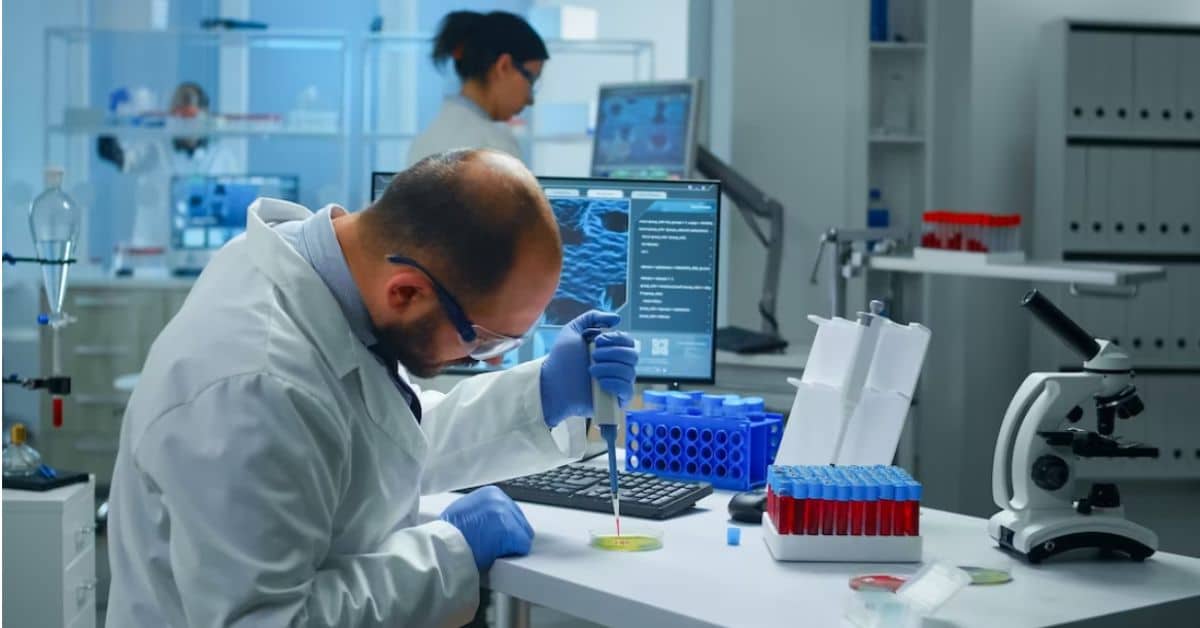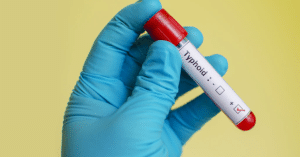Automation has revolutionized various industries, and the field of modern blood test laboratories is no exception. With technological advancements, laboratories have adopted automated processes that enhance efficiency, accuracy, and overall patient care. This article delves into the significant role automation in blood test labs plays in modern blood test laboratories, highlighting its benefits, challenges, and future prospects. Blood test laboratories have evolved significantly over the years, transitioning from manual procedures to automated processes. This transformation has brought forth a multitude of benefits that positively impact patient care and laboratory operations. The blood test laboratory in Patiala is known for its advanced technology and skilled professionals, ensuring accurate and dependable results.
The Benefits of Automation in Blood Test Laboratories
Increased Efficiency and Throughput
Automation expedites the testing process, enabling laboratories to handle a higher volume of samples in a shorter period. Robotic sample handling and processing systems can efficiently manage sample preparation, reducing the time required for technicians to handle repetitive tasks. As a result, laboratories can provide quicker test results, leading to more prompt diagnosis and treatment decisions. With their reputation as a trusted blood test laboratory in Patiala, they play a crucial role in promoting better health and well-being.
Enhanced Accuracy and Reduced Human Error
Human errors can occur during manual sample handling and testing, leading to inaccurate results that could have serious implications for patient care. Automation minimizes the risk of errors by maintaining consistent and precise processes. Automated liquid handling systems ensure precise measurement and dispensing of reagents, minimizing variability and increasing the reliability of test results.
Streamlined Data Management and Reporting
Automation not only improves the physical aspects of laboratory operations but also simplifies data management and reporting. Advanced laboratory information management systems (LIMS) integrate seamlessly with automated instruments, capturing and storing data digitally. This facilitates efficient tracking of samples, results, and patient information, enhancing the overall workflow and reducing administrative burdens.
Automation Technologies in Blood Test Laboratories
Robotic Sample Handling and Processing
Robotic systems are utilized for sorting, labeling, and preparing samples for testing. These systems are equipped with robotic arms that can handle multiple samples simultaneously, ensuring accuracy and reducing processing time. By automating these labor-intensive tasks, laboratory staff can focus on more complex aspects of testing and analysis.
Automated Liquid Handling Systems
Precise measurement and dispensing of liquids are crucial in blood testing. Automated liquid handling systems use robotics to perform these tasks, significantly reducing the risk of human errors. These systems can handle various volumes of liquids, from microliters to milliliters, ensuring consistency and reliability in test results.
High-Throughput Screening Platforms
Automation has enabled high-throughput screening, allowing laboratories to analyze a large number of samples simultaneously. This is particularly beneficial for population-wide health screenings and research studies. High-throughput platforms increase efficiency and accelerate data collection, making them invaluable tools in modern blood test laboratories.
Overcoming Challenges in Implementing Automation
Initial Costs and Investment
While automation offers long-term benefits, the initial costs can be substantial. Laboratories need to invest in automated equipment, software, and staff training. However, the return on investment comes in the form of increased efficiency, reduced operational costs, and improved patient care.
Integration with Existing Systems
Integrating automation into an existing laboratory setup can be challenging. Laboratories must ensure that automated systems can communicate effectively with other instruments and software. Compatibility issues can arise, requiring careful planning and technical expertise to create a seamless workflow.
Staff Training and Adaptation
Introducing automation necessitates training laboratory personnel to operate and maintain the new systems. Technicians and scientists need to adapt to the changing workflow and learn how to troubleshoot and address technical issues. Adequate training ensures that the benefits of automation are fully realized.
The Future of Automation in Blood Test Laboratories
Advancements in AI and Machine Learning
The future of automation in blood test laboratories lies in the integration of artificial intelligence (AI) and machine learning (ML). These technologies can analyze vast amounts of data, identify patterns, and make predictions that aid in diagnosis and treatment planning. AI-powered algorithms could revolutionize how test results are interpreted, leading to more accurate and personalized healthcare.
Personalized Medicine and Data-driven Insights
Automation will enable laboratories to delve deeper into personalized medicine. By analyzing genetic and molecular information, automated systems can provide valuable insights into individual health profiles. This data-driven approach enhances the understanding of diseases, leading to targeted therapies and improved patient outcomes.
Conclusion
In conclusion, automation has become an integral part of modern blood test laboratories, reshaping the way samples are processed, tested, and analyzed. The benefits of increased efficiency, enhanced accuracy, and streamlined data management far outweigh the initial challenges. As technology continues to advance, the role of automation will only grow, paving the way for more precise, personalized, and efficient healthcare solutions. Patients in Patiala trust the blood test laboratory for its precise diagnostics and timely results, contributing to effective medical decisions.




